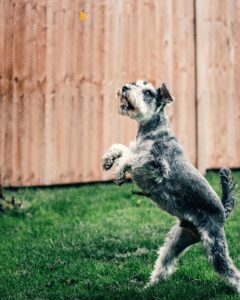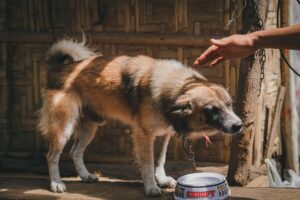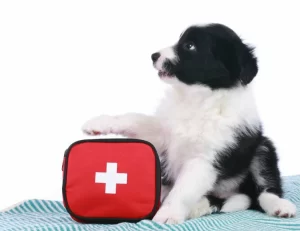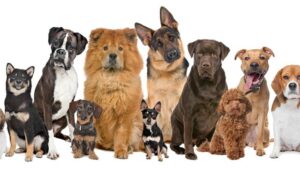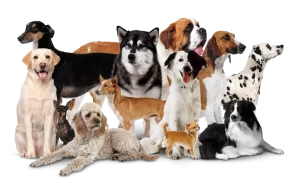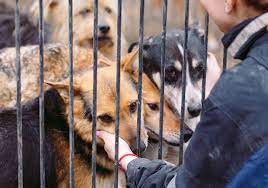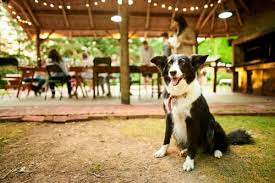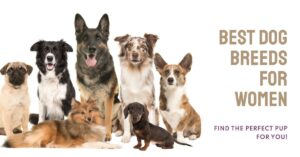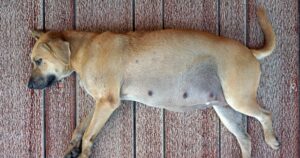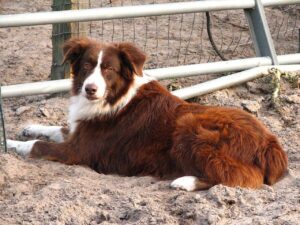Can Dogs Have Provolone Cheese? Provolone cheese is safe for dogs to consume due to its calcium and protein content. Nevertheless, it’s important to be cautious as provolone is rich in sodium and fat, which may lead to potential health issues for dogs.
Dogs are known to be curious creatures, and they often beg for table scraps. As a dog owner, it’s natural to wonder if your furry companion can enjoy some of the same foods as you do. One common question that many dog owners have is whether or not dogs can have provolone cheese.
The short answer is yes, dogs can have provolone cheese in moderation. However, there are a few things to consider before giving your dog this delicious cheese.
Table of Contents
ToggleIs Provolone Cheese Safe for Dogs?
Can Dogs Have Provolone Cheese? Provolone cheese is generally safe for dogs to consume, but it’s important to remember that every dog is different.
Some dogs may have sensitivities or allergies to dairy products, including cheese.
It’s always best to consult with your veterinarian before introducing any new foods into your dog’s diet.
Additionally, while provolone cheese itself may not be harmful to dogs, some dogs may have trouble digesting it due to its high-fat content.
This can lead to gastrointestinal upset, such as vomiting or diarrhea.
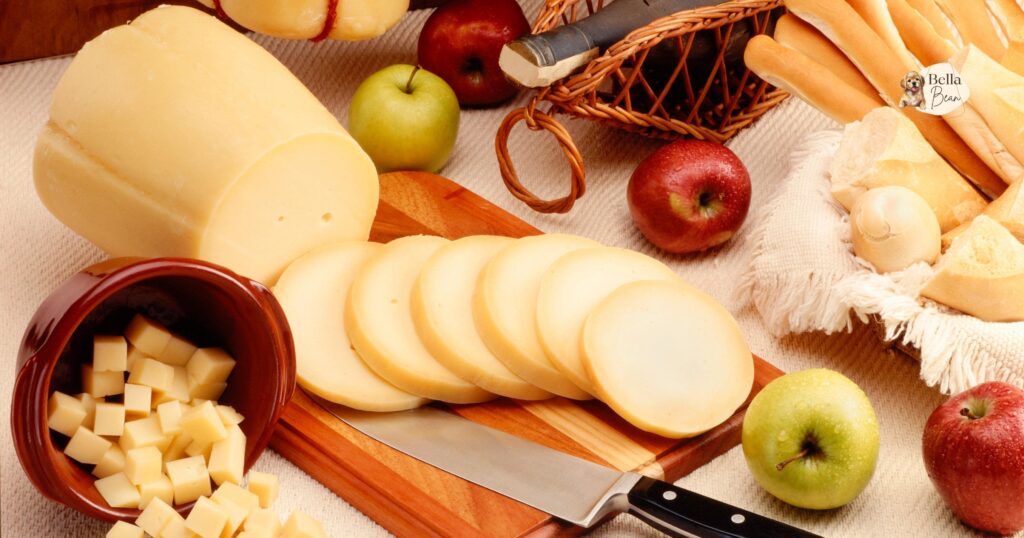
Lactose Intolerance
Most dogs are lactose intolerant, meaning they have difficulty digesting lactose, the sugar found in milk and dairy products.
Provolone cheese, being a dairy product, contains lactose.
Feeding provolone cheese to a lactose-intolerant dog can lead to gastrointestinal upset, including diarrhea, gas, and stomach cramps.
Therefore, it’s best to avoid feeding provolone cheese to lactose-intolerant dogs.
High-Fat Content
Provolone cheese is relatively high in fat, which can be a concern if given in excess.
Too much fat in a dog’s diet can lead to obesity and other health issues, including pancreatitis.
It’s essential to monitor the amount of provolone cheese you give your dog and factor it into their overall daily calorie intake.
Sodium Content
Another consideration when it comes to sharing provolone cheese with your dog is its sodium content.
Excessive sodium can be harmful to your dog’s health, leading to high blood pressure and kidney issues.
It’s best to limit or avoid feeding provolone cheese to dogs with underlying health conditions, such as heart disease or kidney problems.
Moderation is Key
As with any human food, moderation is key when it comes to sharing provolone cheese with your dog.
While a small amount of provolone cheese may not be harmful, regularly feeding large quantities can lead to health problems in the long run.
It’s always best to consult with your veterinarian before introducing any new food into your dog’s diet.
Additives and Seasonings
Provolone cheese often comes in various flavors and may contain seasonings or additives, some of which can be harmful to dogs.
Ingredients like garlic and onion, which are commonly used in flavored cheeses, are toxic to dogs and should be avoided at all costs.
It’s essential to check the ingredients list before sharing provolone cheese with your furry friend.
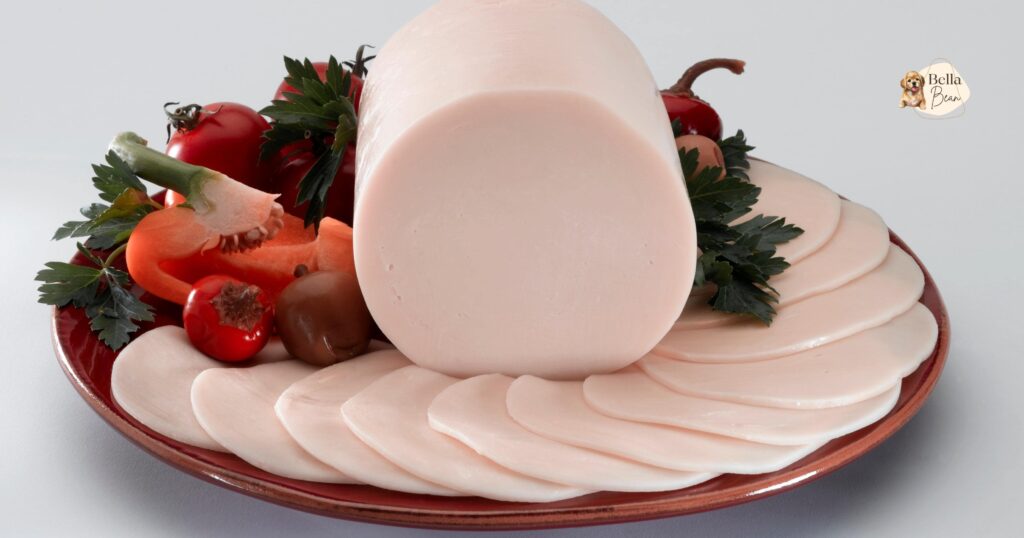
Benefits of Provolone Cheese for Dogs
Can Dogs Have Provolone Cheese? Provolone cheese is a good source of protein and calcium, which are both essential nutrients for dogs.
Protein helps maintain strong muscles and supports the immune system, while calcium is important for strong bones and teeth.
However, it’s important to note that there are other more dog-friendly sources of these nutrients, such as lean meats and dairy products specifically made for dogs.
Practical Uses
In some cases, provolone cheese can be used as a tasty treat or training reward for your dog.
Its strong smell and flavor make it appealing to most dogs, making it an effective tool for training or as a special treat.
However, it’s crucial to remember that moderation is key even in these situations and should not replace a well-balanced diet.
Overindulging in treats can lead to weight gain and other health issues for dogs.
Risks of Provolone Cheese for Dogs
As mentioned earlier, the high-fat content in provolone cheese can be problematic for some dogs.
Consuming too much fat can lead to obesity, pancreatitis, and other health issues. It’s important to limit your dog’s intake and only offer small amounts as an occasional treat.
In addition, provolone cheese often contains added seasonings or spices that may be harmful to dogs.
Garlic and onion, for example, can be toxic to dogs in large quantities. Be sure to read the ingredient list carefully before giving your dog any provolone cheese.
Alternatives to Provolone Cheese for Dogs
If you’re looking for a healthier alternative to provolone cheese, there are plenty of options available.
Some safe and nutritious alternatives include low-fat cottage cheese, plain yogurt, and lean meats such as chicken or turkey.
You can also find specially formulated dog treats that mimic the flavor of cheese without any harmful ingredients.
These can be a great way to satisfy your dog’s craving for cheese without putting their health at risk.
Guidelines for Sharing Provolone Cheese with Your Dog
If you’re determined to share provolone cheese with your dog, it’s essential to do so in moderation and follow these guidelines:
Check for Allergies
Before offering your dog any cheese, monitor for any allergic reactions, such as itching, hives, or digestive issues. Some dogs may have allergies or sensitivities to dairy products.
If you notice any concerning symptoms, stop giving your dog cheese and consult with your veterinarian.
Serve in Small Portions
Limit the amount of provolone cheese you give to your dog.
Small, occasional treats are preferable to avoid overloading them with fat and calories.
A good rule of thumb is to offer up to one small piece of cheese per day.
Avoid Seasonings and Spices
As mentioned before, many types of provolone cheese contain ingredients that can be harmful to dogs.
Make sure to read the ingredient label carefully and avoid any added seasonings or spices.
Incorporate into a Balanced Diet
Cheese should never be the staple of your dog’s diet but can be incorporated as an occasional treat.
Make sure to balance out their diet with other nutrient-rich foods such as lean meats, vegetables, and fruits.
Monitor for Weight Gain
Cheese is high in fat and calories, so it’s important to monitor your dog’s weight if you plan on sharing this indulgent snack with them.
If you notice them gaining weight, decrease the amount of cheese they receive or stop giving it to them altogether.
Offer Alternative Cheeses
If your dog enjoys cheese and you want to give them a variety, try offering other types, such as cheddar, mozzarella, or cottage cheese.
These may be healthier options compared to provolone due to their lower fat content.
Choose Low-Fat Varieties
Opt for low-fat or reduced-fat provolone cheese options to reduce the risk of excessive fat intake.
Plain and Unseasoned: Select plain, unseasoned provolone cheese without any added ingredients like garlic or onion, which can be toxic to dogs.
Watch for Gastrointestinal Upset
Observe your dog for any signs of digestive issues after consuming provolone cheese. If you notice any problems, discontinue feeding cheese.
Additional Tips
- Avoid giving cheese with high amounts of salt or seasonings, as they can be harmful to your dog’s health.
- Always check for any signs of allergy or intolerance before introducing new foods to your dog’s diet.
- Never use cheese as a substitute for a balanced and nutritious meal for your dog. It should only be given as an occasional treat.
- Remember that every dog is different, so what works for one might not work for another. Always consult with a veterinarian for personalized advice for your furry friend.
- Consider looking into alternative, dog-friendly cheeses such as cottage cheese or plain yogurt to mix things up and provide different nutrients for your pup.
So, next time you’re snacking on some provolone cheese, feel free to share a small piece with your dog. Just make sure it’s done in moderation and following the guidelines mentioned.
Conclusion
Can Dogs Have Provolone Cheese? While dogs can technically eat provolone cheese in small amounts, it should not be a regular part of their diet. When sharing this tasty snack with your furry friend, make sure to follow these guidelines and monitor their intake to keep them happy and healthy. Remember, always consult with your veterinarian before making any significant changes to your dog’s diet. And don’t forget to include plenty of other nutrient-rich foods in their diet to keep them well-rounded and thriving. So, enjoy the occasional treat with your doggo, but make sure it’s done in moderation. Happy snacking!
FAQs
Can dogs eat other types of cheese besides provolone?
Yes, there are many types of dog-friendly cheeses, such as cottage cheese, plain yogurt, and low-fat cheddar, that can be given to your dog in moderation.
Is it okay to give my dog a small piece of provolone every day?
No, it is not recommended to give your dog provolone (or any cheese) every day. It should only be given as an occasional treat and in moderation.
Are there any health benefits to giving my dog cheese?
Cheese can provide some nutritional benefits such as protein, calcium, and essential vitamins. However, it should not be used as a substitute for a balanced and nutritious meal for your dog.
Can my dog be allergic or intolerant to cheese?
Yes, just like humans, dogs can also have allergies or intolerances to certain foods, such as cheese. Always check for any signs of adverse reactions before introducing new foods to your dog’s diet.

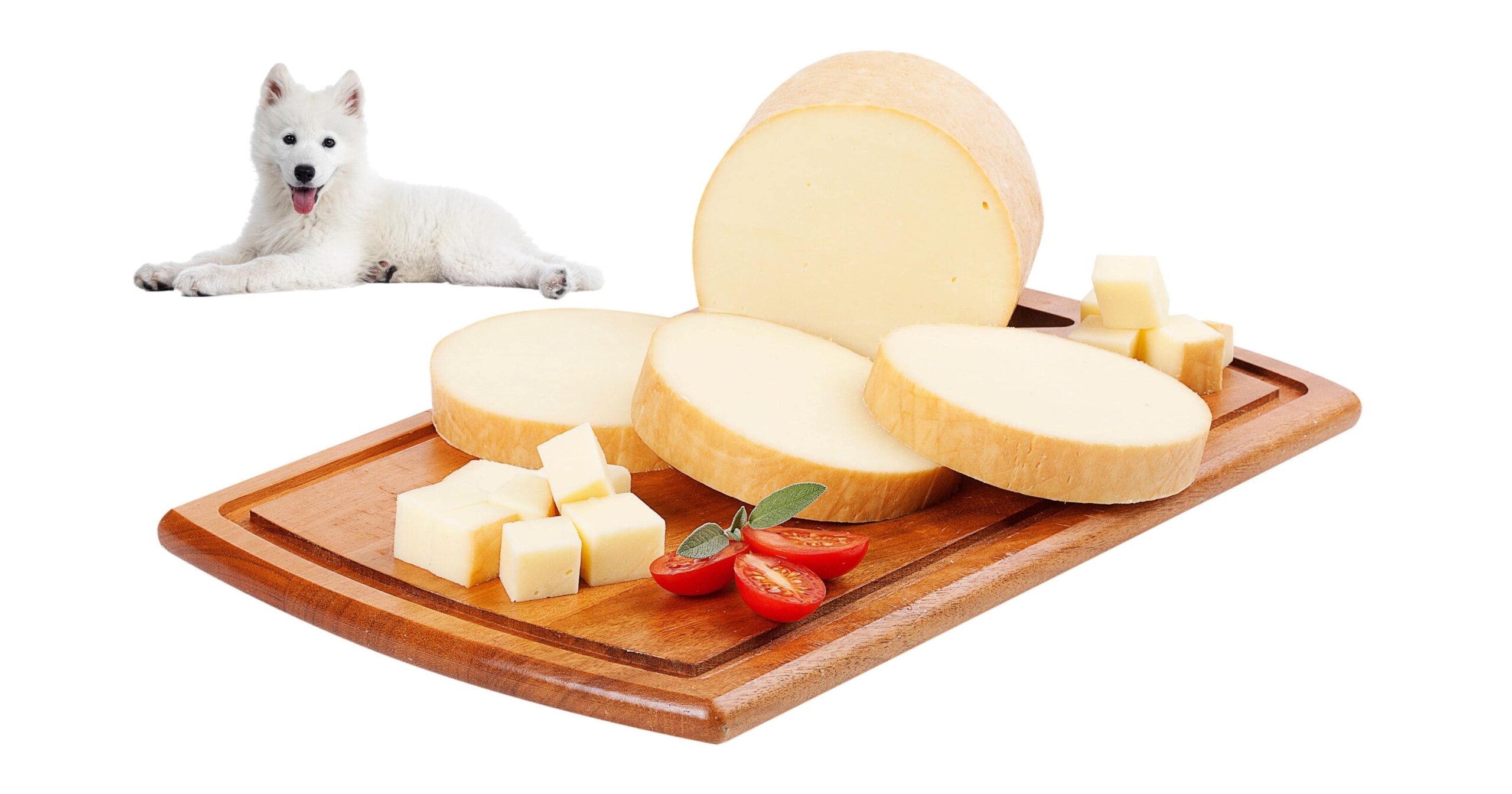
![The Ultimate Guide to Road Tripping with Your Dog [2025 Update]](https://bellabeanupdate.com/wp-content/uploads/2025/05/pexels-photo-1143369-300x209.jpeg)







